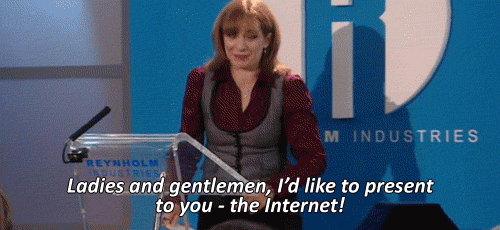12
this week’s unlecture was virtually just reflecting on the course and all of the unlectures before it… it was a summary and ‘wrapping up’ on why we did each topic (speculative thinking, hypertext, databases, long-tail etc etc) and points to take away.
the most salient point was adrian hammering in to us about “shaping a new journalism” towards the beginning of the lecture > aim high and do something big, do something different, don’t set your goals low ( to “being a camera operator on the x factor” ) because it’s a waste of an education > I agree with this, I know people who haven’t even studied and have jobs working on shows like that, you can do jobs like that without any real study or experience.. there’s no point studying if you’re going to settle for jobs you can just ‘fall into’
it’s interesting to hear the lecturers (particularly jasmine) reflecting on teaching the course because it seems it was all as new to them as it was to us and the course was a big ‘testing’ phase in a lot of senses…. it’s nice to know that we weren’t the only ones who were confused about what we were doing from time to time. elliot apologised for being ‘experimental’ on his students, not suss at all…


